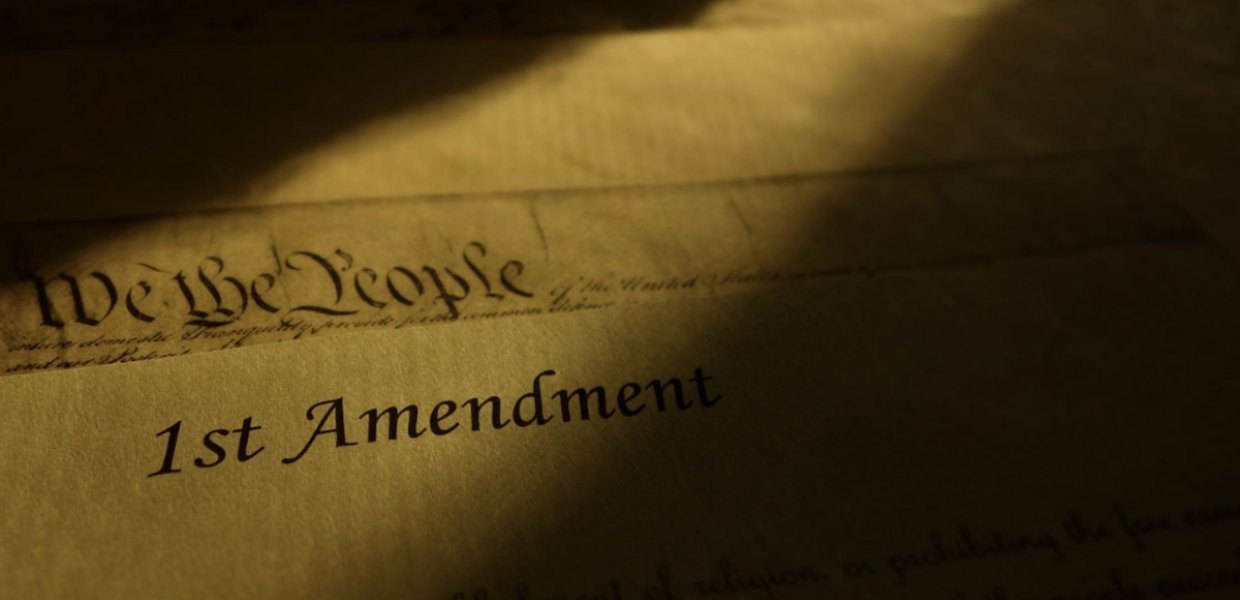Across the nation, school administrators are silencing student journalists. In Indiana, a principal prevented a high school student journalist from covering a story about a student who was convicted of sexual assault. The principal told her that the topic was “too sensitive for the students to tackle.” In Nebraska, school administrators completely shut down a school’s newspaper after student journalists dedicated an issue to LGBTQ issues. In a time when the journalism profession is under attack, the early cultivation of journalists is under attack, too.
Tinker v. Des Moines historically declared in 1969 that students do not “shed their constitutional rights to freedom of speech or expression at the schoolhouse gate.” But in 1988, Hazelwood v. Kuhlmeier stripped student journalists of their First Amendment rights, ruling in favor of a school principal who censored stories about teenage pregnancy and the impact of divorce. The effects of the ruling are still prevalent today, with school administrators exercising prior restraint whenever student reporting might threaten their or their school’s reputation.
The effects of Hazelwood v. Kuhlmeier are detrimental. However, there is a movement that has set out to reverse the impact of the ruling. New Voices is a legislative movement powered by students to protect student press freedoms at the state level. The legislation, dubbed the New Voices Law, guarantees that public school students have the First Amendment freedoms of speech and the press.
California was the first state to enact a law protecting student journalists in 1977 — prior to Hazelwood v. Kuhlmeier. After the ruling, from 1988-1995 five more states joined California in passing their own New Voices Laws. But despite being 34 years since the Supreme Court ruling, only 16 states have passed this important, protective legislation.
That’s 34 years that school administrators have been able to exercise prior restraint over student journalists. Thirty-four years that young voices could be silenced at the whim of a school administrator.
Sixteen states are not enough: We need to ensure that the law protects every student journalist across the country as they protect professional journalists.
Public school journalism is often the start of a lifelong vocation and avocation for young reporters and freethinkers. By supporting public school journalism, we support the entire practice by paving the way for budding truth-seekers to develop themselves. Student journalists sometimes are the only ones covering their communities. So if we give them a voice, we provide a voice to many others in the process.
As we enter 2023, eight states are considering New Voices Laws and efforts are underway in over 20 others. New Voices Laws impact virtually every community nationwide — which means we should all be part of the fight. Find out if there is a New Voices Law in your state; you may be surprised that there isn’t. You can give a voice to a community by protecting the voices of its student journalists. Make sure we don’t go another 34 years without restoring student press freedoms.
